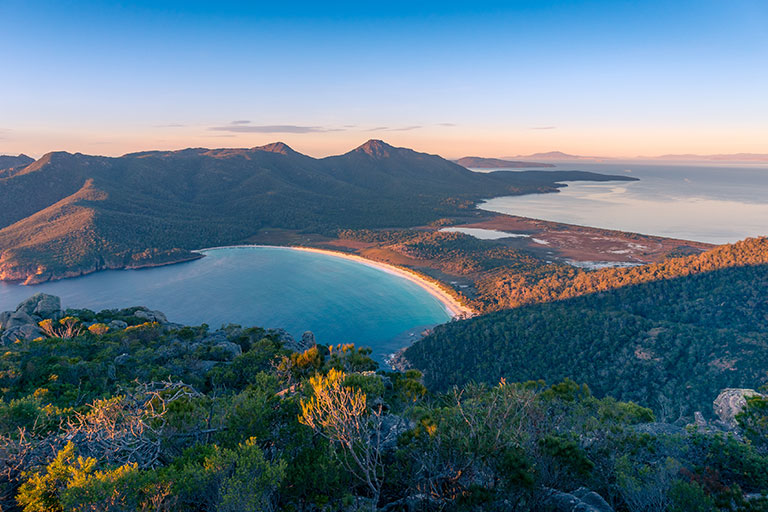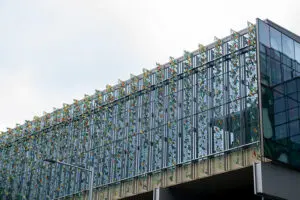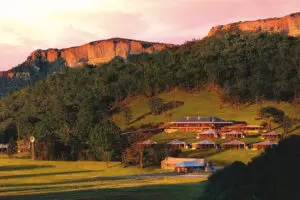The funding includes $300,000 to help tourism businesses at the start of their sustainability journey.
“The Tourism Industry Council Tasmania will receive $300,000 to support operators to undertake emissions audits and carbon accounting, as well as helping them to understand their emissions profile and then develop plans to reduce their footprint,” said Tasmania’s Premier, Jeremy Rockliff, who is also the state’s minister for tourism and hospitality.
“For eligible operators who have already completed an emissions audit report process, a $900,000 Tourism Emissions Reduction Grant Program will be available in September.
“This grant program will support successful applicants to implement a project that contributes to the reduction of carbon emissions within their business.”
Applications for this grant will open on a non-competitive basis on September 18 and close on October 16, or earlier, if the full funding allocation has been exhausted.
“Further to this, Tourism Tasmania will lead development of a business case into how visitors could opt into a net zero visit to Tasmania, as well as contribute to Tasmania through local offset projects.”
A further $100,000 will be used by Tourism Tasmania to promote the sustainability initiatives of Tasmanian tourism operators.
This latest funding comes after the government supported a partnership between Tourism Industry Council Tasmania and Local Carbon, a business based in Burnie on Tasmania’s north-west coast, to engage local operators in a pilot program of carbon accounting.
“This project delivered invaluable insights around how government can support operators who are at different stages of their emissions reduction journey,” said Rockliff.
“This has helped inform our emissions reduction policy and programs that are focused on harnessing the opportunities the industry has to positively impact Tasmania.
“Our government is assisting businesses to start their journey to being carbon neutral, with funding to support carbon audits and to formulate a pathway for businesses to achieve a standard of operation that will be globally recognised.”
As a state, Tasmania has been at net-zero since 2015, due to its heavily forested landscape acting as a carbon sink for carbon emissions produced by the state’s populations and businesses. Tasmania also achieved 100 per cent renewable energy generation in 2021.




















